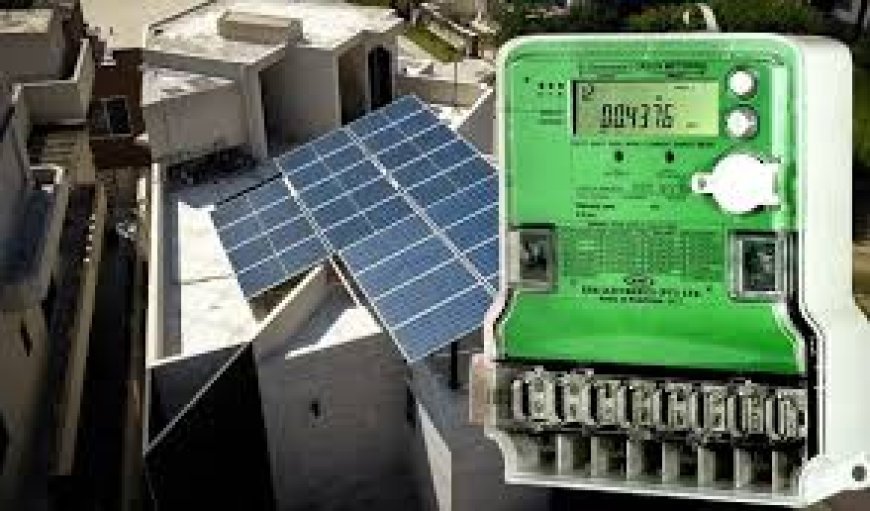The government is ready to end solar net metering in Pakistan
The government plans to end solar net metering in Pakistan—learn what this policy shift means for solar users, energy costs, and your electricity future.

The federal government is preparing to phase out the solar net metering system. The Power Division has almost finalized a new solar policy that aims to reshape the way renewable energy works in the country.
Sources say the draft of this new policy is almost complete. It proposes to replace net metering with aggregate metering. In aggregate metering, all electricity generated by solar panels would be sold to the national grid at a fixed rate, instead of allowing consumers to meet their own electricity bills.
After receiving the green light from the National Electric Power Regulatory Authority (Nepra), the draft policy will be sent to the federal cabinet for approval.
Very low buyback rate
According to the proposal, the government plans to set a refund rate of Rs. 11.33 per unit of electricity sold to the grid for solar consumers, which is about 60 percent lower than the current net metering system that pays Rs. 27 per unit. However, people already using net metering will retain their existing rates and will not be affected by the change.
The policy also proposes to link future solar buyback rates to one-third of the regular electricity tariff, making the Rs. 11.33 baseline. The government wants to add up to 8,500 MW of solar power to the grid under the new plan.
Officials say the net metering system has created huge financial pressure on other electricity consumers, costing them about Rs. 159 billion in total. Of this, Rs. 103 billion comes from paying higher prices for solar energy. The Power Division believes that switching to net metering will help share costs more fairly among all consumers.
For more updates, visit: Nationbytes.pk

 Israr Ahmed
Israr Ahmed